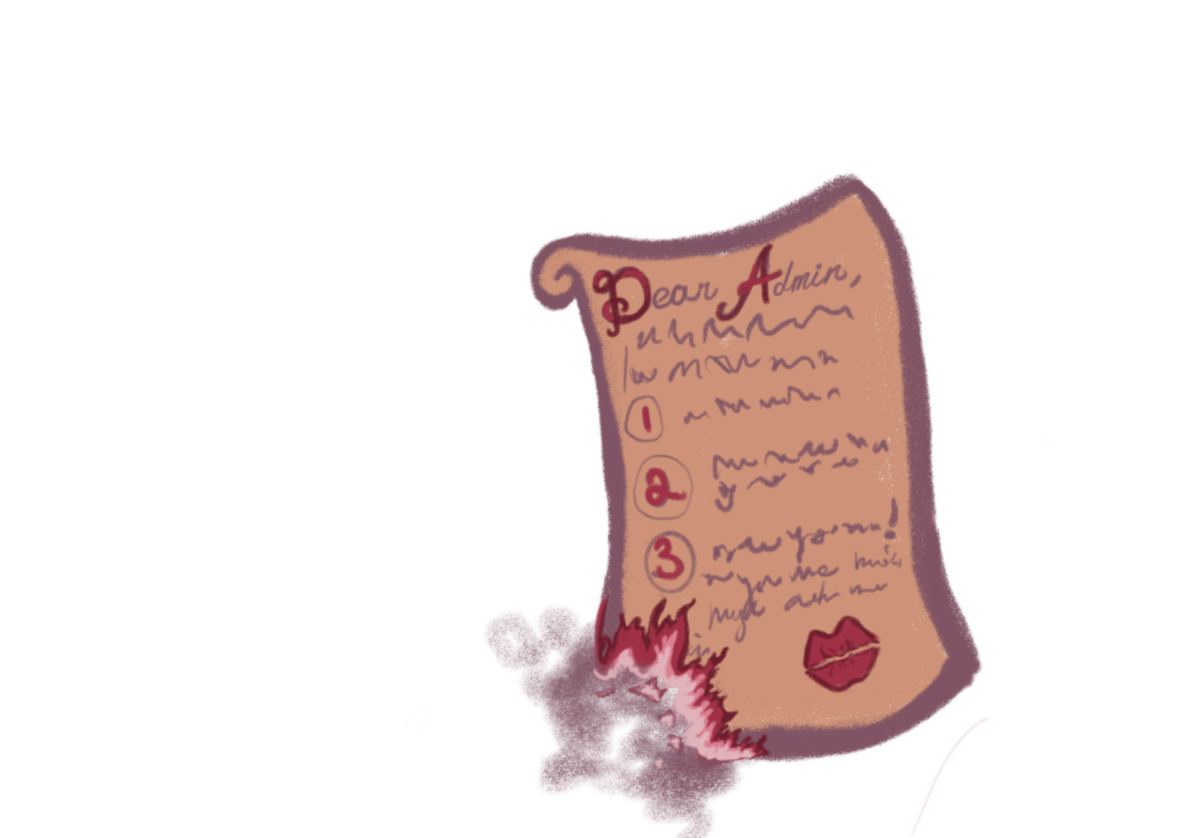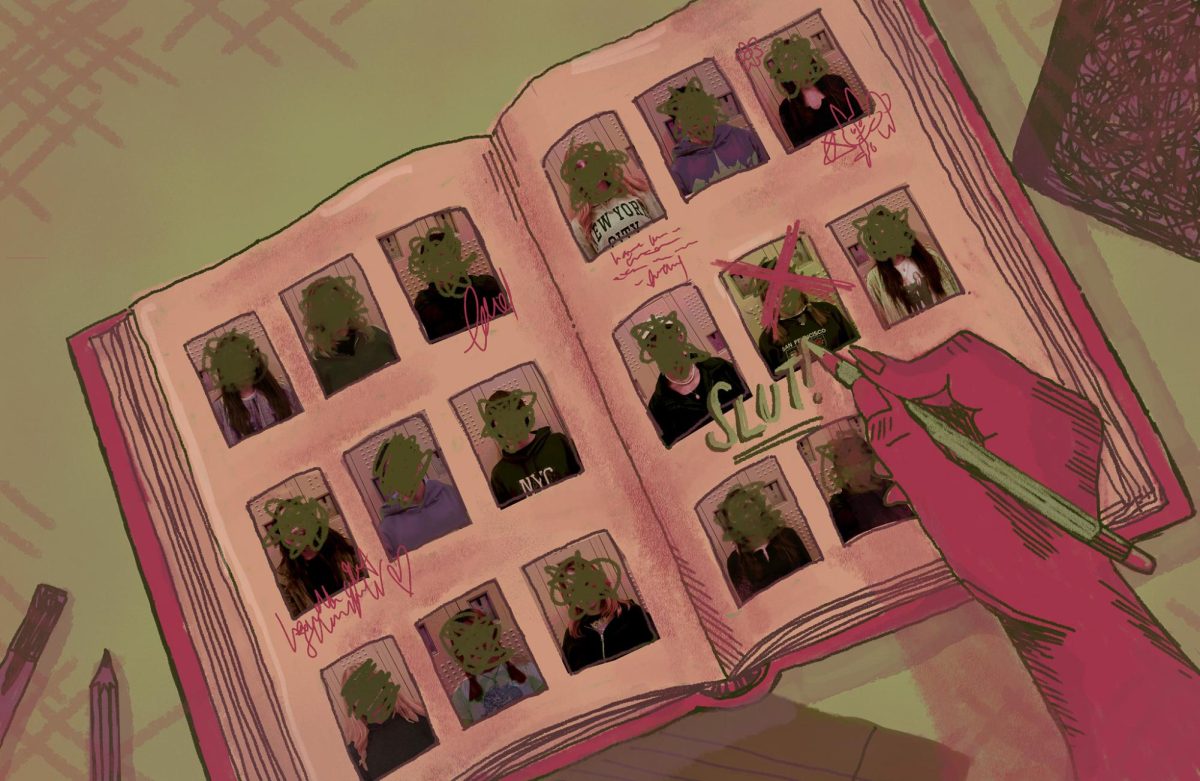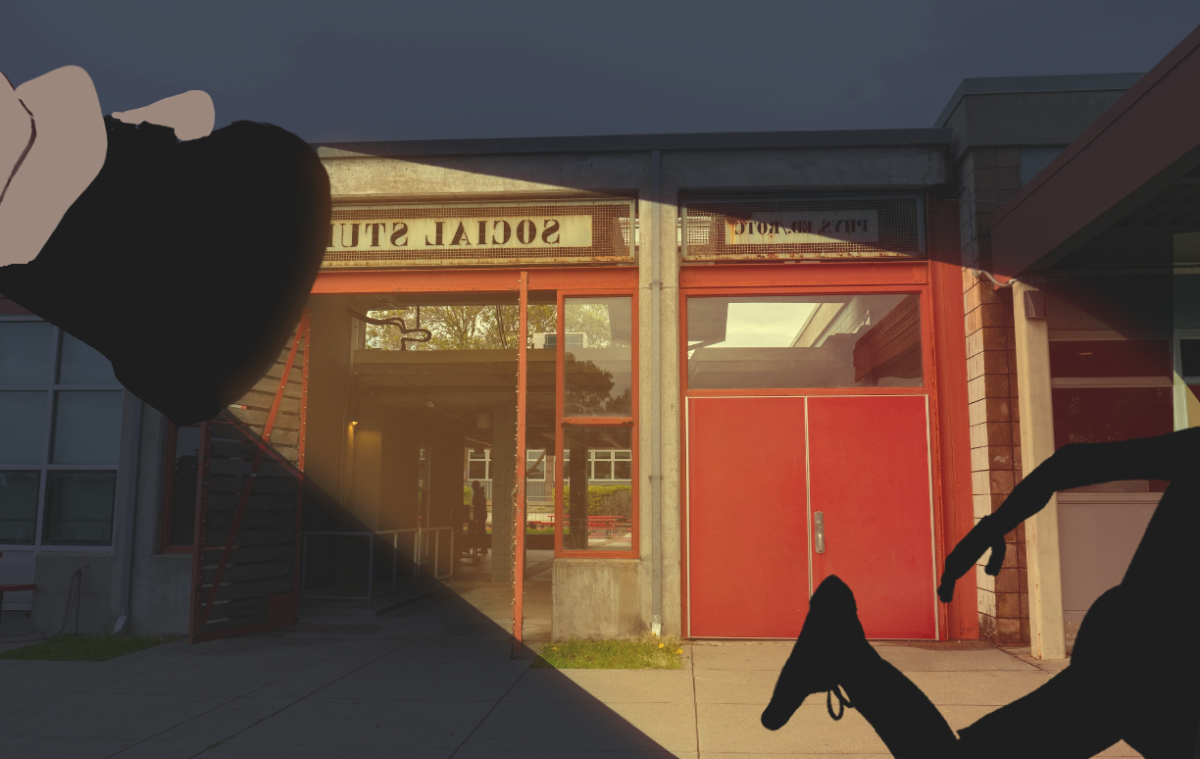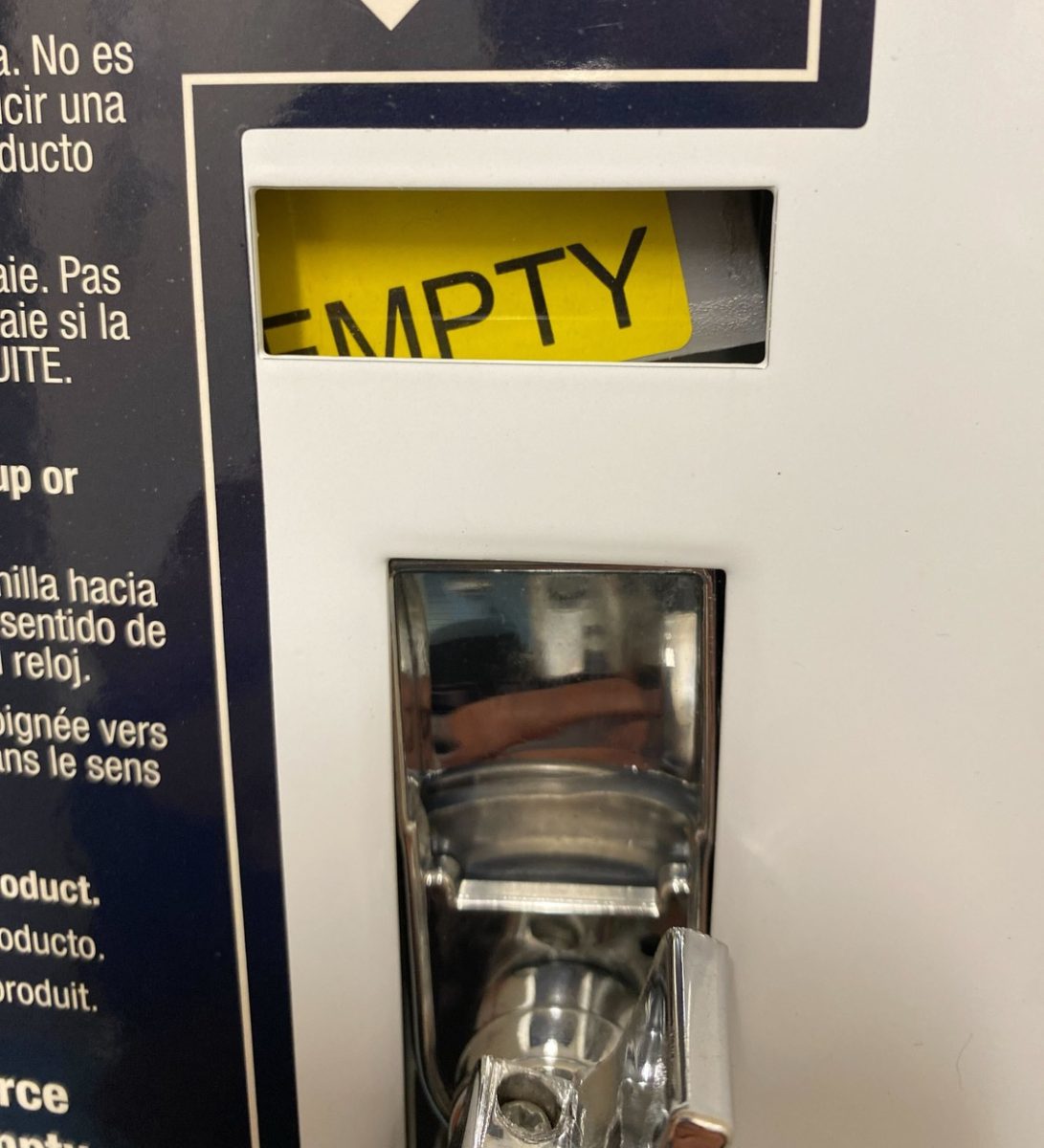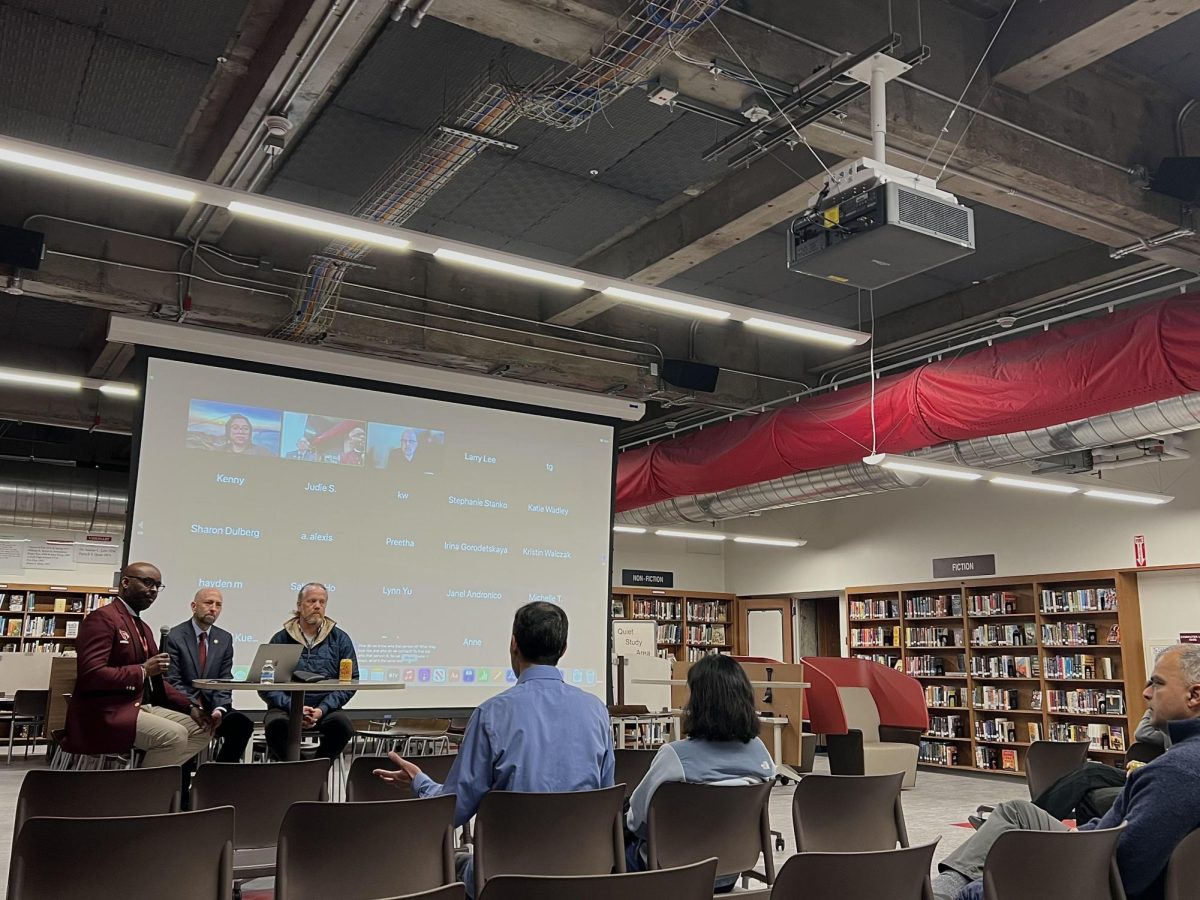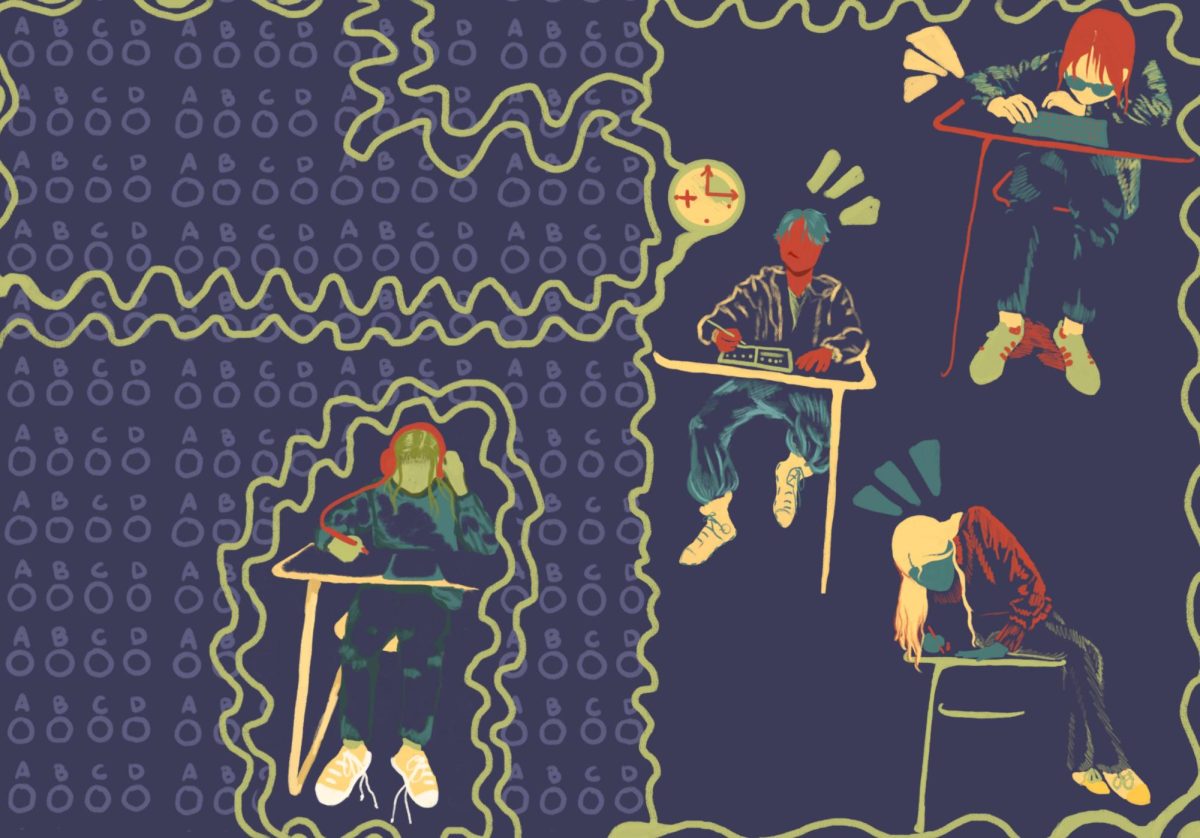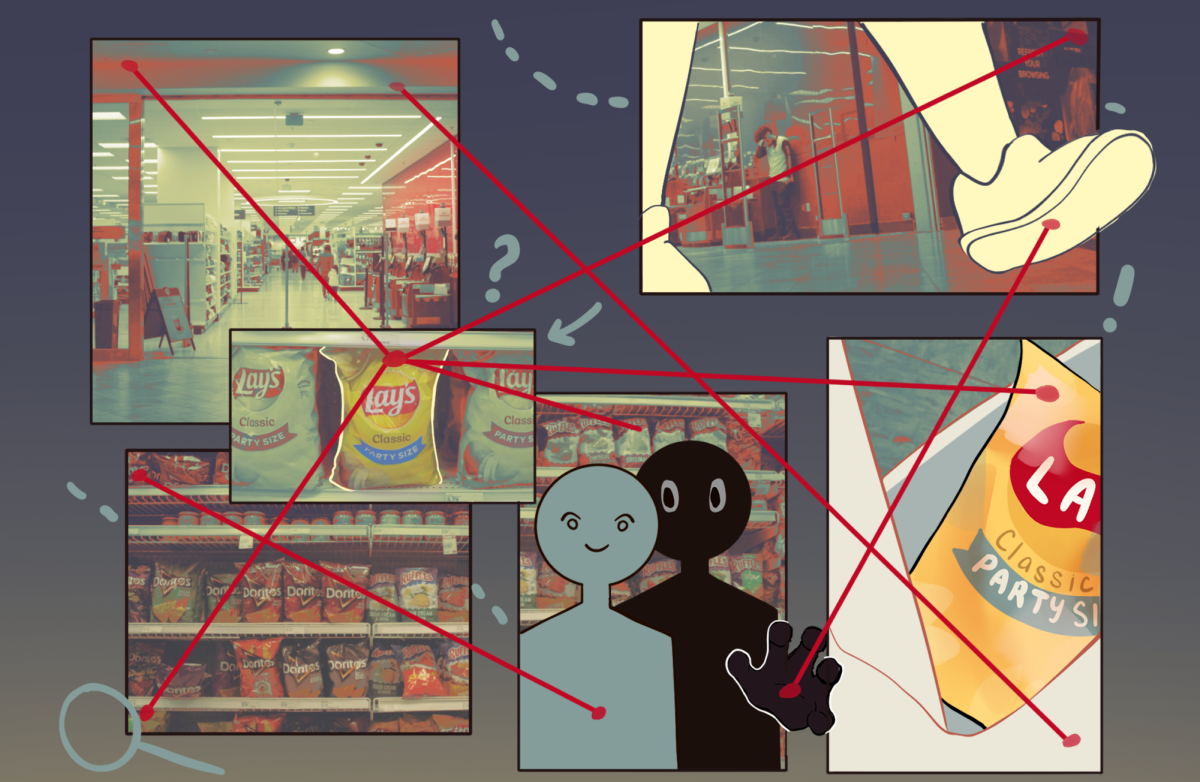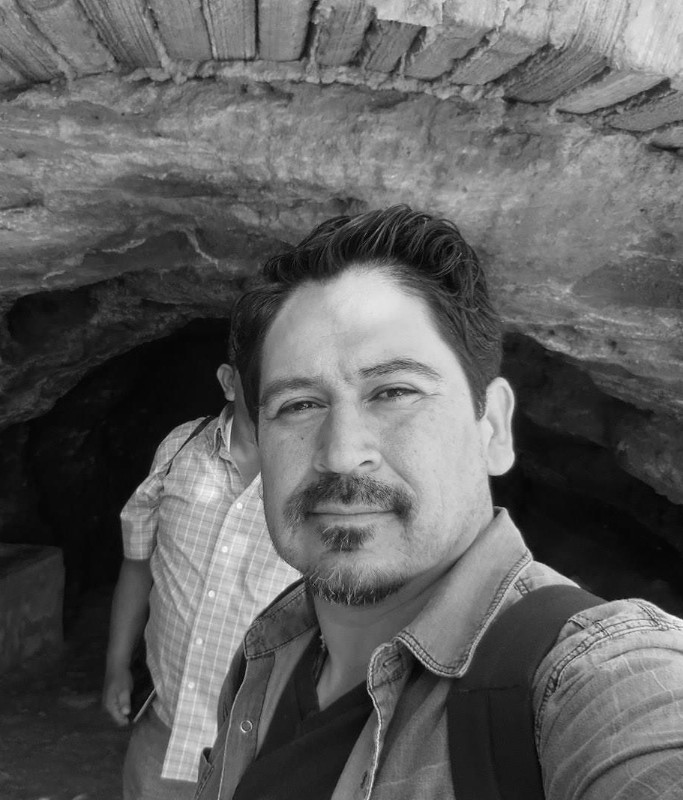
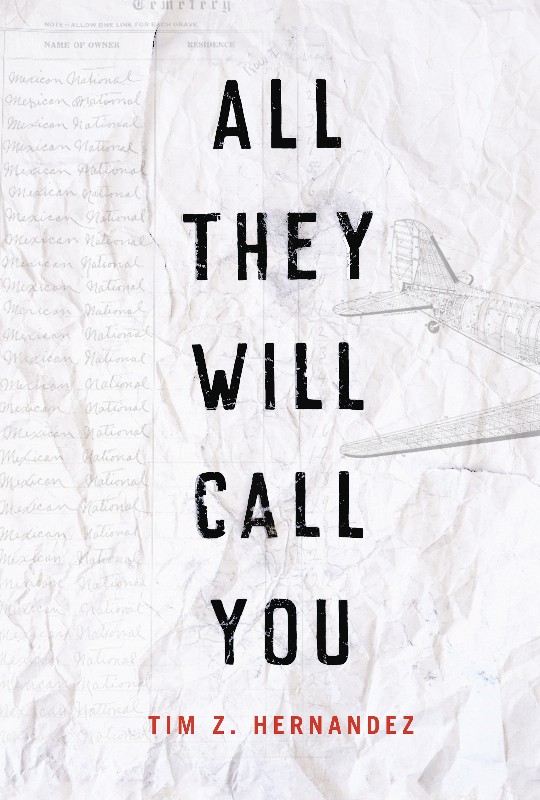
“At the most human level, we are the same,” American Book Award-winning author Tim Hernandez said. Hernandez gave a lecture in English teacher Nicole Henares’ Literature and Philosophy class on Feb. 2, where he spoke about his upcoming book and its themes of immigration, deportation, citizenship, and compassion. He also spoke about how American novelist John Steinbeck inspired his writing and what it means to be human.
Because of Hernandez’s inspiring book and how his work relates to Steinbeck’s, Henares invited Hernandez to lecture in her class. The Literature and Philosophy class is currently reading Cannery Row by John Steinbeck this semester, and Henares was reminded of Hernandez’s newly published book. “I am looking for human stories that reflect humans as part of life and the natural world,” Henares said. “And that’s Tim’s story.”
“What I find remarkable about [Hernandez’s] work is his ability to connect readers to the spectrum of emotions the community might have endured after the plane had crashed.”

Hernandez’s newly published book, All They Will Call You, a work of creative non-fiction, was published in January 2017 after many years of research. The book is about a disastrous plane crash in California in 1948 that killed thirty two passengers, including twenty eight Mexicans being deported. Most of the newspaper articles written about this catastrophic event listed those being deported as “deportees” excluding their names and their brief life stories, which dehumanized them. The deceased American crew had stories and interviews with their families published about them. The crew also had their remains sent back to Rochester, New York where their families were living. On the other hand, the Mexican passengers’ remains were placed in an unmarked mass grave, where only three out of the twenty eight coffins were filled. Their families were not notified of the grave’s location.
Inspired by Woody Guthrie’s song about the plane crash called, “Plane Wreck at Los Gatos (Deportee),” Hernandez proceeded to track down the remaining family members of the victims of the crash and interview them so that he could write a narrative about the crash and tell the stories of both the deceased Mexicans and Americans.
In his lecture, Hernandez talked about Steinbeck’s influence on his writing. When reading Steinbeck’s journals, he saw the way that Steinbeck went into the communities that he was writing about to understand the perspectives of everyone in the story. This idea is central to Hernandez’s All They Will Call You. Much like Steinbeck, Hernandez doesn’t “find story ideas while sitting behind a desk,” but rather goes outside and writes about what he sees in the world. However, Hernandez says that the distinction between Steinbeck and him is that “Steinbeck is a journalist, [Hernandez is] a trained Poet.”
“I am looking for human stories that reflect humans as part of life and the natural world and that’s Tim’s story.”
Students asked many engaging questions during Hernandez’s lecture, ranging from his thoughts about immigration to the underlying humanity connecting all the characters of Cannery Row and his own book.
Because students had learned in class about how Hernandez’s book focused on humanizing the Mexican passengers, one student asked him, “What does it mean to be human?” Hernandez replied, “To be human means to open yourself to love and compassion and to always be in practice of that.”
Junior Shannon Chen, a student in the Literature and Philosophy class, said that she admired Hernandez’s work. “What I find remarkable about [Hernandez’s] work is his ability to connect readers to the spectrum of emotions the community might have endured after the plane had crashed,” Chen said.
Hernandez is a son of migrant farm workers and grew up in a small town in the San Joaquin Valley. Despite his parents’ wishes for him to become an engineer, he went to college with the intention of becoming an artist. When his Uncle, whom Hernandez described as “more like a big brother,” was tragically shot while unarmed by a policeman, he began his writing career. He began to put words in his paintings, and eventually transitioned to writing. “I started writing to get through my angers, my frustrations, my feelings,” Hernandez said.






